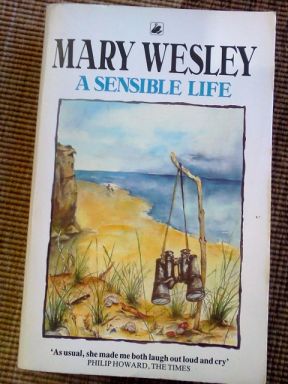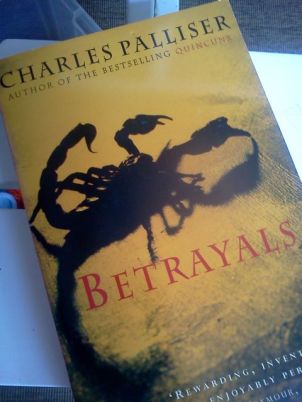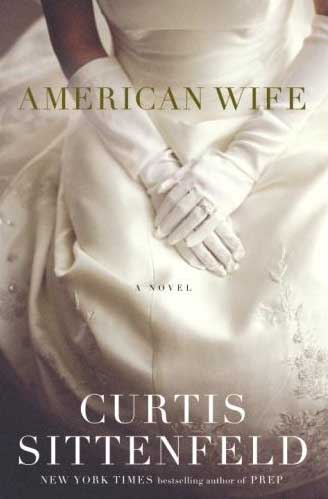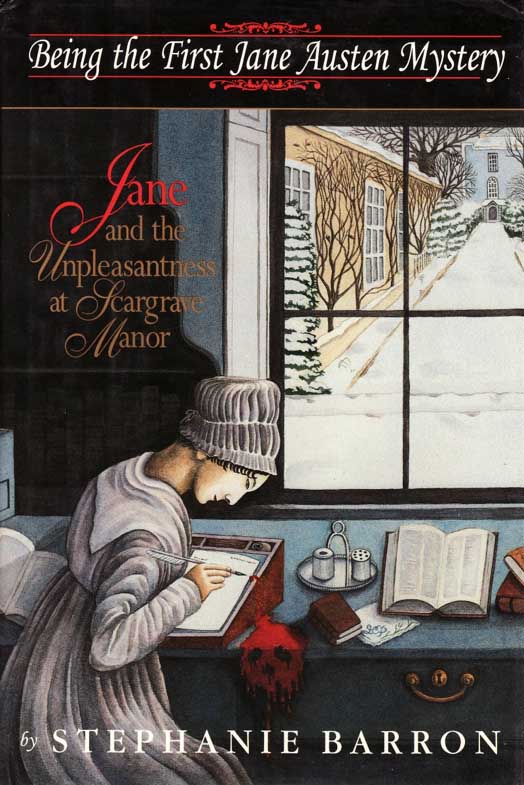Having enjoyed Lev Grossman’s The Magicians last year, I was keen to follow it up with The Magician King, its sequel. And I think The Magician King is better. It’s faster-paced, it knows where it’s going and there’s a strongly imagined magical world to marvel at and think about.

That magical world is Fillory, the land that Quentin Coldwater and his friends learned about from a series of children’s books. As young magicians at the the secret college Brakebills, they discovered Fillory was real. What happened to them after that discovery is best read in The Magicians.
In The Magician King, however, Quentin, Janet, Eliot and Julie are now twenty-something and are the Kings and Queens of Fillory, living in castle Whitespires, and enjoying the perks of living in a wealthy, magical land.
Except for Quentin, who is bored.
So when there are rumours that the Seeing Hare has been seen thereabouts, Quentin and his friends ride into the forest to find it. As one of the twelve Unique Beasts of Fillory – creatures that are thought to be immortal and in possession of a unique gift – the Seeing Hare’s gift is to predict the future of anyone who catches it.
The hunt – ultimately unsuccessful because tragic – turns out to be the preliminary quest to a more extended quest, one involving the attempt to save magic itself. From the gods, no less.
There are many things to like about Grossman’s book, not the least of which is a thoroughly 21st century approach to tone and character. The Magicians books might have started out on similar foundations to C.S. Lewis’s Narnia series but its characters could be from nowhere else except here and now. They drink a lot, swear a lot, and have the kinds of close/distant, slightly abusive friendships that rely on the overuse of irony. Grossman is aware that he’s talking to a net-savvy, lit-savvy audience so his characters are au fait and up-to-date on fiction classics such as Harry Potter as well as contemporary developments in science and IT.
Quentin Coldwater is somewhat atypical of the fantasy genre as well. He wants to be part of something big, he wants to be a hero, but he overthinks things and never manages to ‘get amongst it’ as he believes he should or could. There is a bit of the Jean Paul Sartre about him with his ennui and low expectations of life: I think therefore I am sick of everything.(1) This kind of central character almost didn’t work for me – his presence in the book felt like a dash of coldwater … – but once I worked out that that’s the point and Quentin is something of an unreliable narrator as a consequence, I began to wonder what the book held in store for Quentin.
And his story is actually counterbalanced beautifully by Julia’s story. Julia was Quentin’s high-school friend who didn’t pass the test to get into the Brakebills magic school but who learned and attained a level of magic off the streets that might be ugly and clumsy in parts but is as powerful as much of Quentin’s establishment magic. In The Magician King we learn her story and the difficulties she faced in trying to become a magician on her own. It’s riveting stuff.
I have to mention one section of the book where my heart took a turn. It’s a tribute to Grossman’s endless and clever imagination that it was able to re-turn. There is a section towards the end of the book where Julia has become involved in a quest for the gods. As I started to read these pages about gods and their histories, a tide of disappointment started lapping at my toes. I was being reminded of Philip Pullman’s somewhat clumsy attempts at skewering Christianity in the last of the Golden Compass series which, in turn, led me on to thoughts of the Narnia books with their strong allegorical Christian thread.
Not another fantasy novel that has to revert to Christianity as an integral plot device, I thought.
But no, thankfully, no. For me, Grossman cleverly found an alternative and it’s one for which I’m profoundly grateful.
The Magician King is a wonderful read written by a talented author. Go read it.
This book was on my TBR list even though it’s a library book, so yippee and yay for me.
(1.) I doubt I’m even paraphrasing Sartre, but you get the drift.
Book details:
The Magician King by Lev Grossman, William Heinemann London, 2011, 400 pages, library copy.











